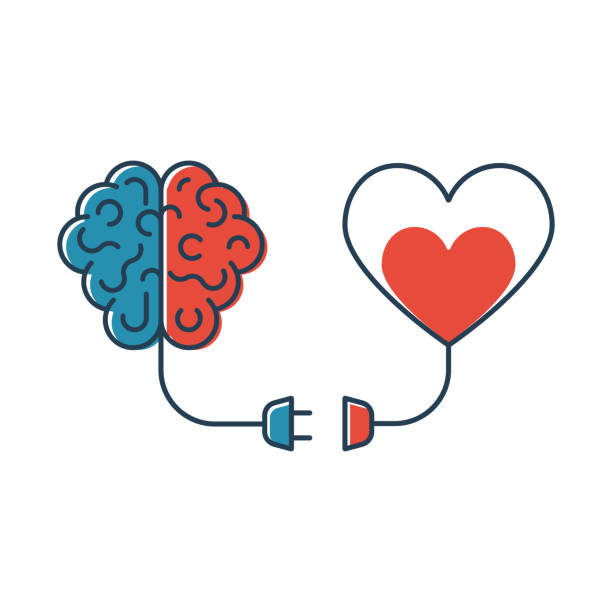

Incident atrial fibrillation appears to heighten dementia risk
People with a recent diagnosis of atrial fibrillation (AF), the most common irregular heart rhythm, have a modestly higher risk of developing dementia than people without the condition, according to research published today.
“Previous studies that have examined the link between atrial fibrillation and dementia have yielded conflicting results, and we hope that our study’s large sample size helps to establish confidence in our findings,” said Dr. Nisha Bansal, professor (Nephrology). “The study also included a community based, diverse population, which may increase the generalizability of our findings.”
Bansal was corresponding author of the paper, which appears in the Journal of the American Heart Association.
Atrial fibrillation, typically a very rapid heart rhythm, can spur blood clots in the heart, increasing someone’s risk for stroke and heart failure, and shorten lifespan.
The research spanned 2010 to 2017 and involved nearly 197,000 patient records from Kaiser Permanente health systems in California. Half of the patients had been recently diagnosed with atrial fibrillation; their counterparts in the control group were selected for similar age and health profiles but did not have AF. Both patient groups’ medical records were reviewed for three years, on average, to identify subsequent diagnoses of dementia, including Alzheimer’s disease.
Overall, people with newly diagnosed atrial fibrillation had a 13% higher risk of developing dementia. That risk appeared to be amplified in people whose AF diagnosis came before 65 years of age (65% higher risk) and people who did not have chronic kidney disease (20% higher risk). No such significant differences in risk were seen in patients’ sex, race or ethnicity.